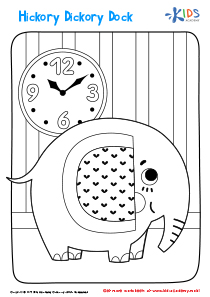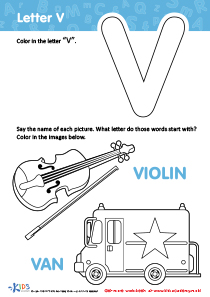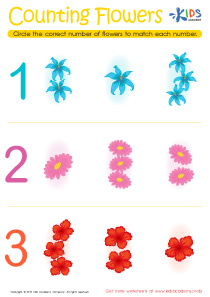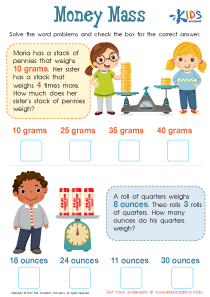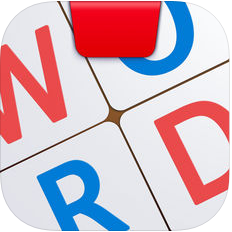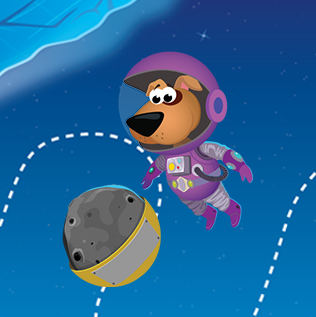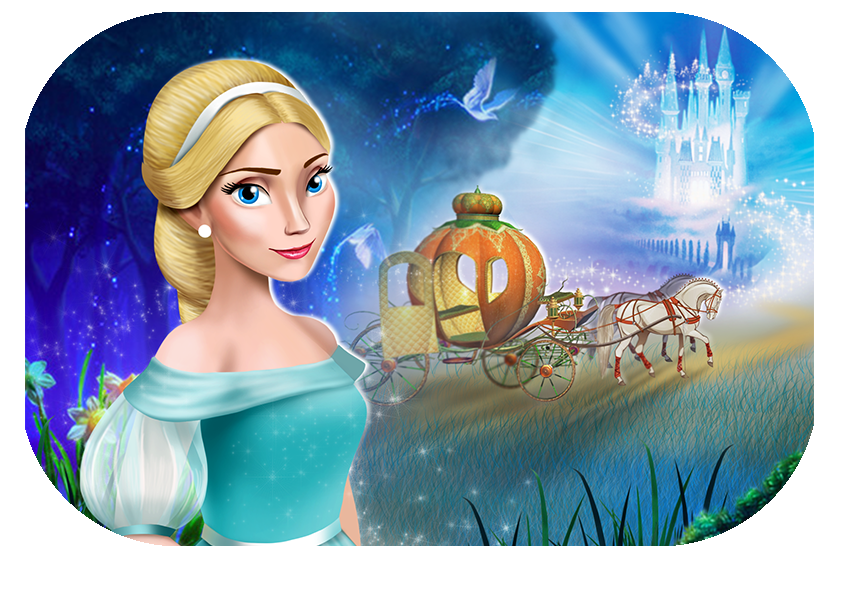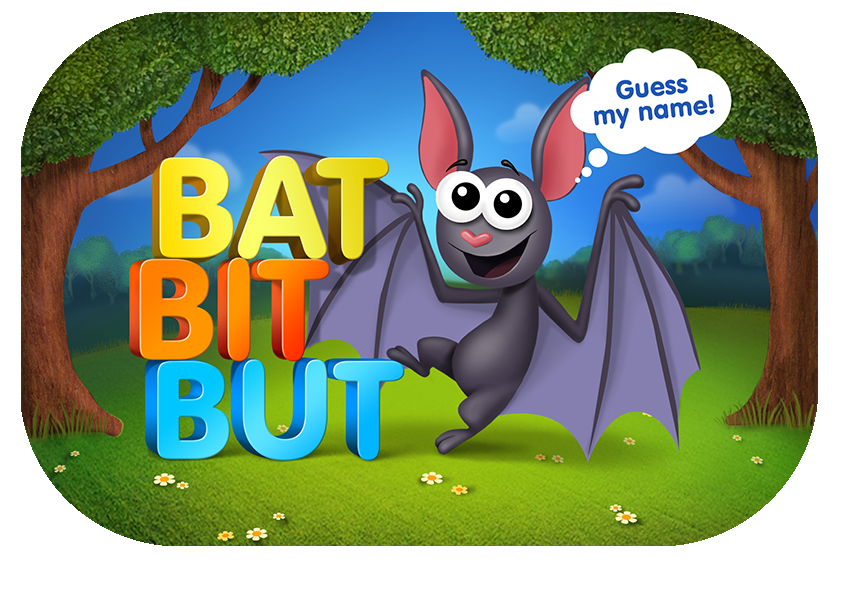English Language Arts Lessons | Respond to Stories Read Aloud for 3-Year-Olds
1 results
Dive into the enchanting world of our "Respond to Stories Read Aloud for 3-Year-Olds" lessons, designed to captivate your little one's imagination and enhance their listening comprehension skills. Through a delightful mix of interactive worksheets, engaging educational videos, and stimulating assessment quizzes, this course promises an exciting journey into storytelling. Perfect for nurturing a love for literature early on, our lessons are crafted to encourage your child to actively listen, understand, and engage with the stories shared. Embark on this magical adventure that blends learning with fun, tailored specifically for the curious minds of 3-year-olds.
In the world of early childhood education, nurturing a love for reading and storytelling is essential. Our program, specifically designed for 3-year-olds, focuses on "Respond to Stories Read Aloud for 3-Year-Olds," offering a unique approach to engage young minds and lay a sturdy foundation for their future academic journey.
At this tender age, children are at a critical stage of development where their language, listening, and comprehension skills are starting to blossom. The "Respond to Stories Read Aloud for 3-Year-Olds" program is crafted to capitalize on this developmental sweet spot through interactive worksheets, educational videos, and assessment quizzes, all tailored to the needs and interests of three-year-olds.
The carefully selected stories read aloud are more than just tales; they are a gateway to sparking imagination, curiosity, and a passion for learning. Through these stories, children are introduced to a world of characters, settings, and plots, encouraging them to think critically about what they hear and to express their thoughts and feelings in response. This interaction is not just about listening; it's about engaging, understanding, and learning to articulate personal reflections.
Interactive worksheets play a crucial role in this program. They are designed to reinforce the themes, vocabulary, and moral lessons introduced in the read-aloud sessions. Whether it's through drawing, matching, or simple writing exercises, these worksheets make the learning process tangible and fun, allowing children to apply what they've absorbed in a creative and personal way.
Moreover, our educational videos supplement the learning experience by providing visual and auditory stimuli that further immerse the child in the story. These videos are not only entertaining but also serve as a powerful tool to enhance comprehension and retention. As children watch the stories come to life on screen, their ability to focus, remember, and relate to the content improves significantly.
Assessment quizzes, though simple and age-appropriate, are an invaluable aspect of our program. These quizzes encourage children to recall and reflect on what they've learned, helping educators and parents gauge the child's comprehension and engagement level. This feedback loop is crucial for adapting teaching strategies to meet each child's unique needs and ensuring that they derive the maximum benefit from the program.
